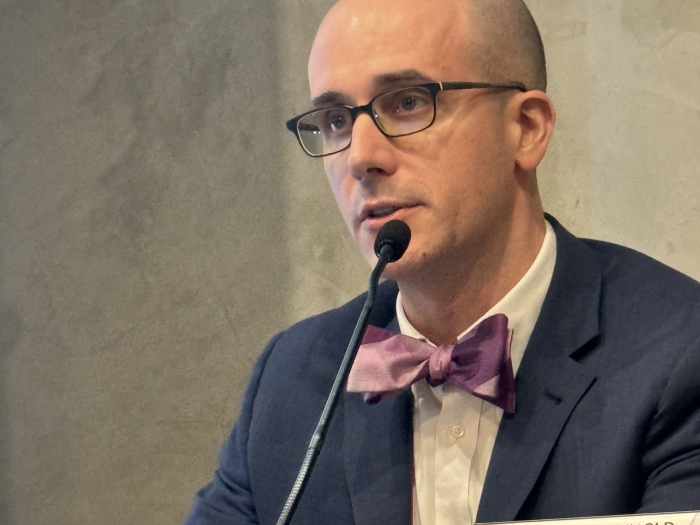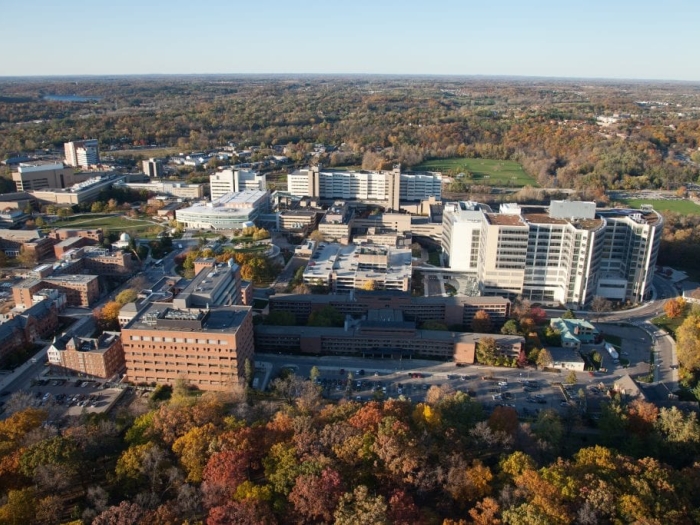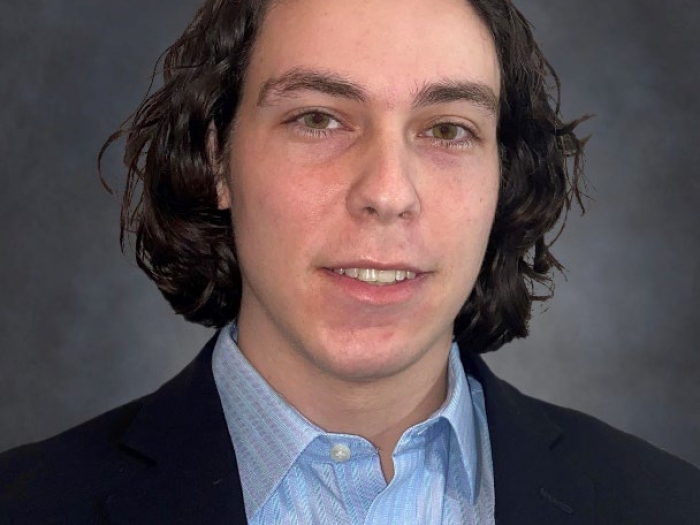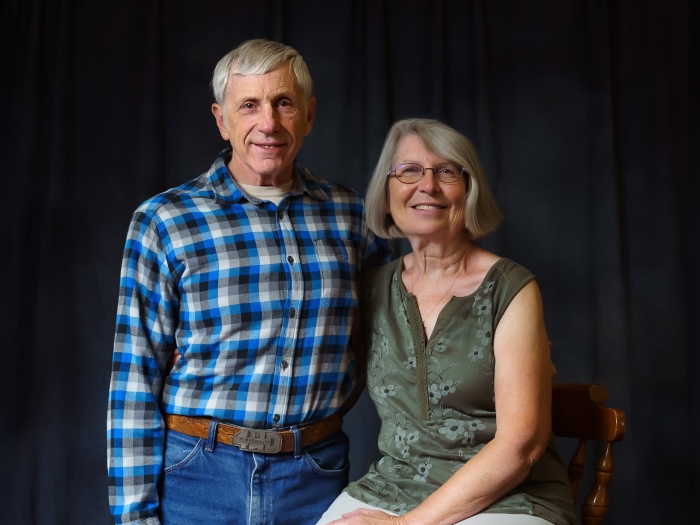An impromptu lesson in the finer details of suturing at the end of a case brought back memories of childhood violin lessons in which my violin teacher would explain the finer mechanisms of producing a spiccato. "Relax your wrist," he would say while demonstrating. I would go home and practice the same bowing technique hundreds to thousands of times, gradually taking incremental steps towards improving the technique until eventually, it became second nature.
In some ways, it was an odd payoff. I would spend months, equating to thousands of minutes, practicing the same musical piece for a single 10-minute performance at a recital. Yet, there was immense satisfaction at the end. I imagine surgery is much the same. Surgeons too take time to develop, which might explain why there is a sense of order and hierarchy innate to surgery. Experience and effort matters. I find the order and structure calming.
Someone asked me recently whether it was tough making it through a Whipple procedure, a notoriously long surgical procedure used to treat pancreatic cancer. I was somewhat caught off-guard by the question as I had never really considered the issue. The act of actively participating in the case made time pass faster than the clock on the wall would suggest. The field of surgery is not for everyone, but for those who do love it, it has an irresistible draw.
Relaxing after shelf exam at Tomukun Korean BBQ
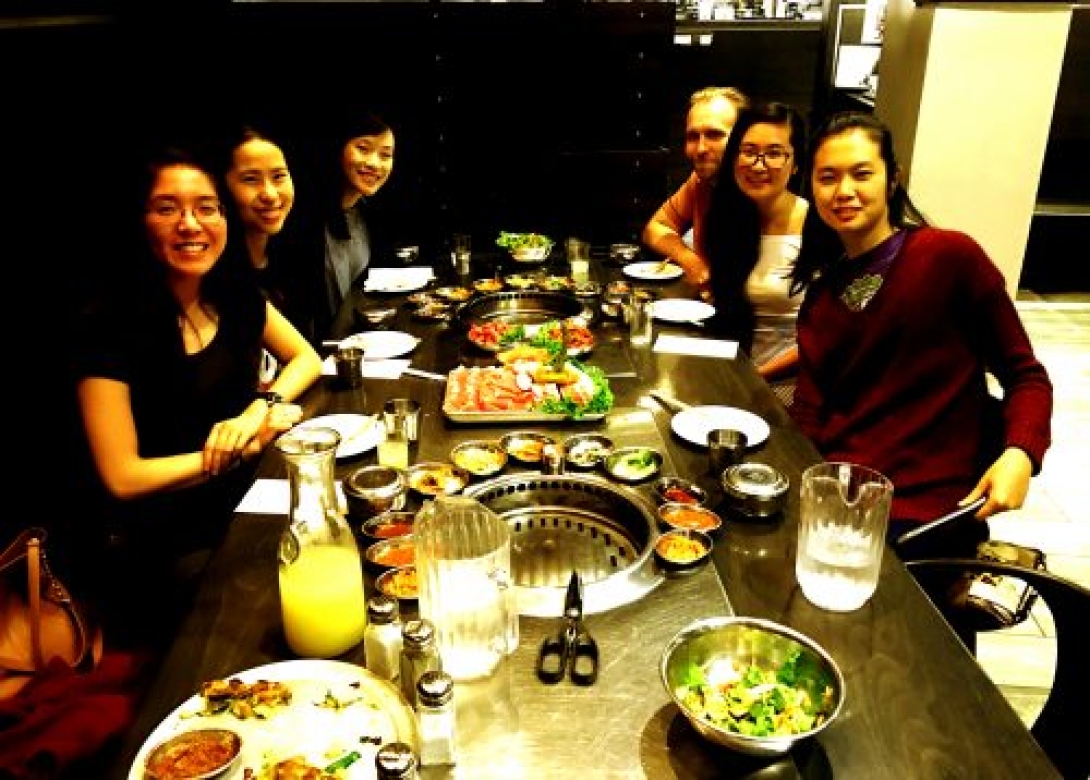
The third year of medical school is a truly unique experience in which students get to sample a variety of medical specialties. While on service, I often like to ask residents and attendings why they have chosen a certain specialty. It can be incredibly informative. I asked my resident how he knew surgery was the right choice, expecting to hear that he had known from the very start that he wanted to be a surgeon. I was surprised by his answer.
His journey into medicine began innocuously enough, he explained. He had studied economics in college and while completing a summer internship discovered that it was not for him. Coincidentally, his roommates who were both pre-meds recommended shadowing a surgeon. On a whim, he decided to check it out. Even 10 years later, he vividly recalled his first encounter with Dr. X. While he had no idea what the surgery was about, he loved how simple the explanation for the heart worked. I listened enthralled as he described the technical intricacies of fixing a child's aortic valve. As he talked passionately about how this experience led him to think that at age 40, he wanted to be like Dr. X, and I couldn't help but to think that in 5 years I wanted to be like him.
Surgery is a paradox in some ways. Despite requiring more years of training and working longer hours than most specialties, I've yet to have seen people more passionate about the work they do. If you ask a surgeon about why they chose surgery, they will tell you that there was no other option for them – that nothing else would satisfy them. Perhaps this makes sense. It requires intense study and practice!

Department of Communication at Michigan Medicine
Want top health & research news weekly? Sign up for Health Lab’s newsletters today!
